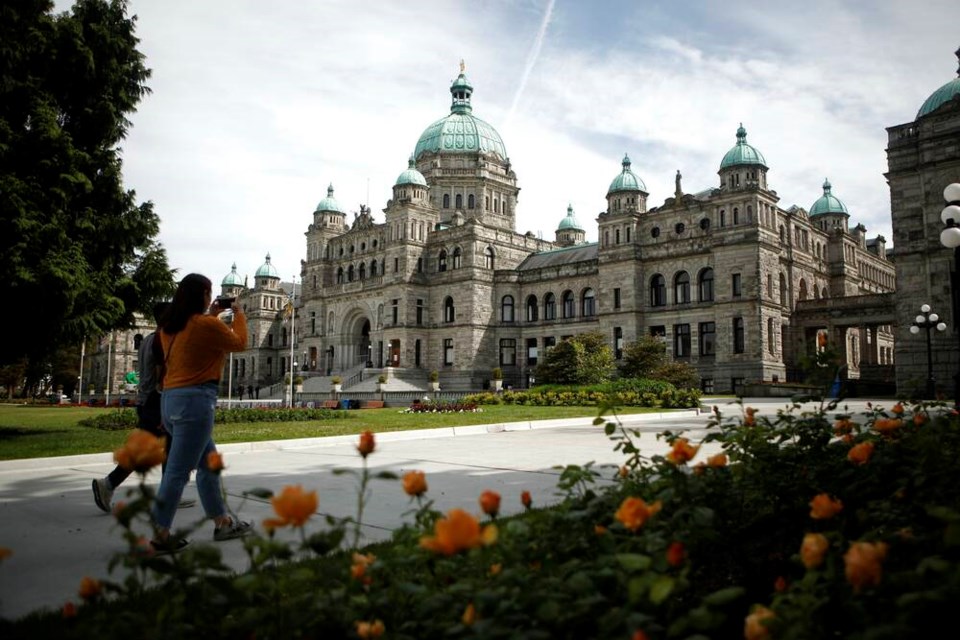The province’s next budget is expected take into consideration the high cost of living, climate change and access to health care following the Select Standing Committee on Finance and Government Services’ report on budget consultation.
The 127-page report contains 216 recommendations to guide the provincial finance minister’s next budget, to be delivered next February.
The report is a summary of priorities, concerns and ideas identified by citizens and organizations over a month-long consultation. The committee heard 306 presentations, and received 372 submissions and 861 responses to an online survey.
“During the consultation, we heard about the effects of climate change with respect to natural disasters, food security and supply-chain challenges,” said committee chair Janet Routledge, MLA for Burnaby North.
“The committee recognizes that the next budget is an opportunity to invest in climate mitigation to improve resiliency, particularly with respect to transportation infrastructure and agriculture.”
On tackling environmental issues and climate change, the committee made several recommendations including that government should continue incentivizing greener technologies and supporting the transition to cleaner energy, provide substantive investments into climate adaptation, mitigation and prevention strategies, and make concrete commitments to reduce greenhouse gases.
Karin Kirkpatrick, deputy chair and MLA for West Vancouver-Capilano, noted the province made clear it has concerns about the rising cost of living.
She said there were recommendations shared to increase affordability and improve access to housing and health care throughout the province.
“We also heard that inclusion, cultural responsiveness, and local needs must be considered when addressing these challenges,” she said.
On housing, the committee is recommending the private sector be encouraged to be innovative and creative in addressing the low housing stock and that B.C. Housing should be supported in funding and building public non-market housing.
The committee suggested the construction of complex-care housing sites across the province should be accelerated while investments should be prioritized for the homeless to help reduce their risk of being evicted and increase access to stabilized housing.
Health-care recommendations include an immediate review of primary care to determine how the system can work better and starting a long-term care forum to develop a plan to reform that system.
The committee made several recommendations to improve recruitment, training, credentialing and retention of health-care professionals, especially family doctors, as well as exploring the use of physician assistants, midwives, and mental-health counsellors to improve access to health care.
The committee stressed the need for improved data collection and accountability to ensure better decision-making that is rooted in reconciliation, equity and inclusion.
On reconciliation, the committee highlighted the need to engage in government-to-government conversations, support Indigenous cultural infrastructure and Indigenous-led conservation efforts, and advance economic reconciliation through revenue-sharing and equity ownership.
>>> To comment on this article, write a letter to the editor: [email protected]



